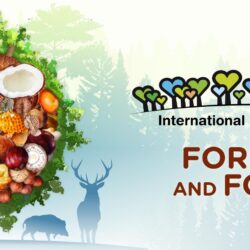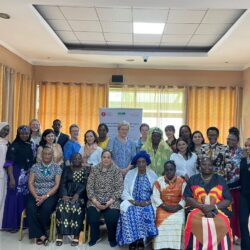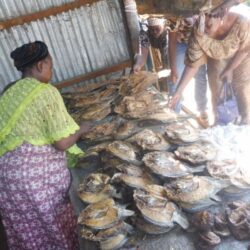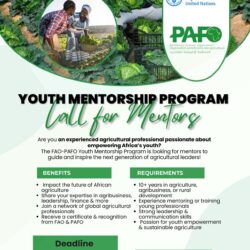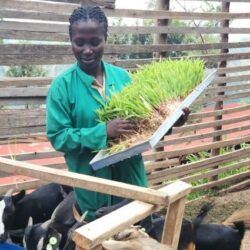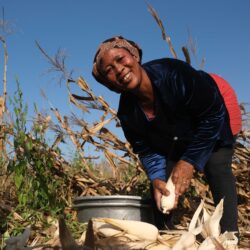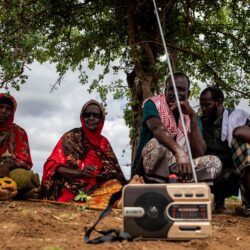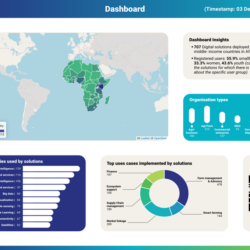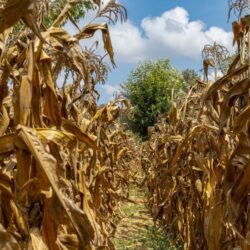International Day of Forests 2025: Forests and Foods
The United Nations General Assembly proclaimed 21 March as the International Day of Forests in 2012 to celebrate and raise awareness of the importance of all types of forests. Each year, countries worldwide organize local, national, and international activities to highlight the role of forests, including tree-planting campaigns, educational initiatives, and policy dialogues. In 2025, the theme for the International Day of Forests is “Forests and Foods”, underscoring the indispensable

